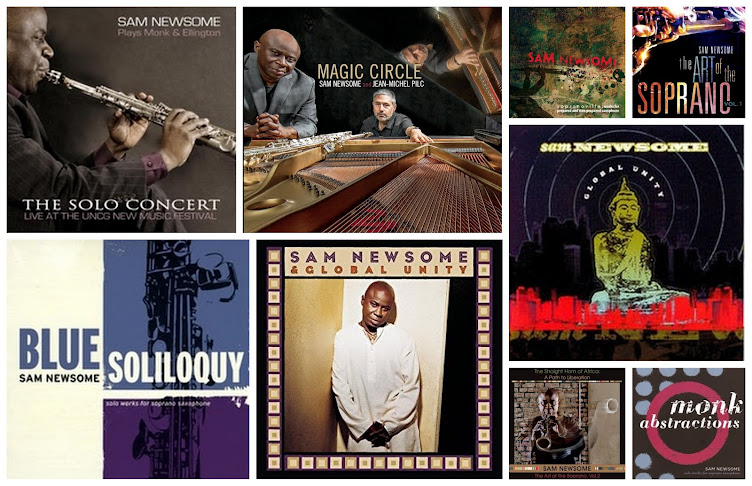Many feel that once they can play the soprano in tune, then it's "mission accomplished." But I'm sorry to say: This is only half the battle!
Players have this misconception because they don't play the instrument enough to know that there are several layers to the instrument's sound. It's like an onion. The more you peel it, the more layers that surface to be peeled.
To get to this point takes years of practice.
Here are some layers I have discovered, along with ways to nurture them--and not necessarily in this order:
Layer 1: Playing in tune. Tuning the octaves is good check your pitch. It's almost like tuning a piano.
Layer 2: Producing a tone rich with overtones. This is where the book "Top Tones for Saxophone: The Fourth Octave" comes in handy.
Layer 3: Being able to play with a sub-tone. Listen to Steve Lacy and Lucky Thompson for this. They are great teachers for how to utilize the low register of the instrument.
Layer 4: Playing dynamics levels from pianissimo to forte. Practicing classical etudes is great for this. I like the ones by Marcel Mule.
Layer 5: Speeding up and slowing down the airflow by changing the position of the tongue.
Layer 6: The altissimo register
Layer 7: Multi-phonics
Layer 8: Microtones
And as I continue to peel this sonic onion, I'm sure more layers to conquer will surface.
But don't let these things overwhelm you. Just take it one layer at a time!
This site was created as a platform to share my thoughts on music, creativity, and life; and to connect with fellow sax players committed to sharing ideas about the soprano saxophone.
Sam Newsome

"The potential for the saxophone is unlimited." - Steve Lacy
Now available of Bandcamp!
Now available on Bandcamp!
Now available on Bandcamp!
Saturday, July 17, 2010
Sunday, July 4, 2010
Taking The Soprano Path: The Road Less Traveled
 |
| Jane Ira Bloom |
She is a great example of this.
Jane is probably one the few players who lives in New York who doesn't sound like she does. Meaning her playing is absent of all of the sometimes cliche (ish) harmonic and rhythmic complexities that are prevalent in many New York players.
I'm almost certain that it's because she only plays the soprano.
 |
| The Four Brothers |
Having been a soprano player from the beginning of her professional career, Jane probably didn't have the opportunity, and I imagine, nor the desire, to play hundreds or thousands of gigs as a side person, always learning other people's music. And she probably didn't have the opportunity to form that saxophone bond that alto and tenor players seem to have, where they're constantly exchanging ideas, which can sometimes result in them sounding very similar.
After having decided to make the soprano my main instrument of focus, I often found myself in similar situations of isolation. Though lonely at times, it's was extremely liberating in that I felt totally free to do my own thing. Since there was no one else around, I didn't have that hovering fear of always being judged.
Ironically, though, once you do get the courage to travel your own path, it too, can become congested with people following you--Coltrane and Bird being two of the more common examples. Which is fine. because now, you're leading the way.
Take the first step!
Subscribe to:
Posts (Atom)
Blank Page Syndrome
Sydney Sheldon's poignant quote, "A blank piece of paper is God's way of showing you how hard it is to be God," deeply res...

-
Have you ever tried playing the soprano saxophone using a Bb clarinet reed? Believe it or not, they work great. I first heard about thi...
-
Many of us in the music business, at one time or another, have been inflicted with the cognitive bias known as the illusion of control-...
-
Over the years I’ve gone to several sonic sources on the soprano to grab different things, here and there, in my effort to try and create my...




